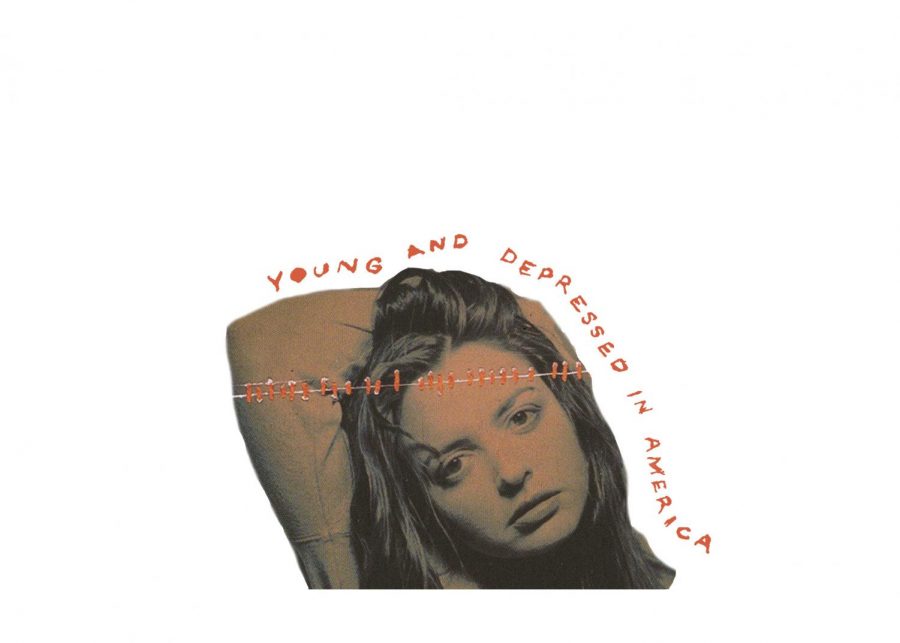Prozac Nation: A Memoir to Mental Health
August 10, 2020
Elizabeth Wurtzel, author of the highly controversial, confessional memoir Prozac Nation, died at 52 last month due to cancer. Within her memoir, Wurtzel explores her experience as a young adult in America, down to the very last detail. Despite the fact that one would expect Wurtzel in her college years to be one of the happiest people on earth–she went to prestigious Harvard University, was fulfilling her dream to be a writer, and lived a highly social life–she struggled with what millions of Americans have to deal with every day: substance abuse, sex addiction, insecurity, and depression.
For some, her detailed confessional writing portrayed a crude caricature from a privileged perspective of what it means to be depressed in America. Wurtzel’s tendencies to blame everyone else for her problems and present her thoughts in a stream of consciousness sort of style irked some and alarmed others as she was seen as just another self-absorbed girl complaining about her first-world problems.
For others, the publication of her raw, honest memoir gave a voice to and captured the never-ending struggle that is mental health; Wurtzel’s unfiltered, deeply personal commentary sparked a national conversation surrounding clinical depression, a then taboo subject. By sharing the unadorned reality of her depressed life, the writer of Prozac Nation reassures readers that they are not alone in their mental health struggles, serving as a source of comfort and relatability.
As the number of people struggling with clinical depression and other mental illnesses skyrockets, it is especially important to remember that mental illness is still a topic that is often uncomfortable for many people to talk about. However, this fear of speaking up only leads to and contributes to the stigmatization of mental health. Thus, authors like Wurtzel are more important than ever to help release Americans from the stigma around mental illness today.
Luckily, Wurtzel’s open and unabashed writing not only shed light on the ever-growing problem of mental health in America, but also opened the door for many other women to share their struggles and stories. She created the path for people to talk about seemingly taboo topics such as sex, drugs, and depression without judgment; several other works of confessional and highly emotional media are attributed to her influence, including the TV show Girls by Lena Dunham and the impactful memoir The Kiss by Kathryn Harrison.
While Wurztel herself will no longer be able to influence the generations of young adults to come, the message within her unapologetic writing will continue on, as her story contributes a valuable and impactful outlet for realizing one’s own self worth. Anne Fadiman, an author and writing instructor at Yale, put it best: “Elizabeth’s message was this: Never sweep anything under the carpet…Good, bad, whatever—it’s you. Embrace it. Own it. No excuses. No apologies.”


